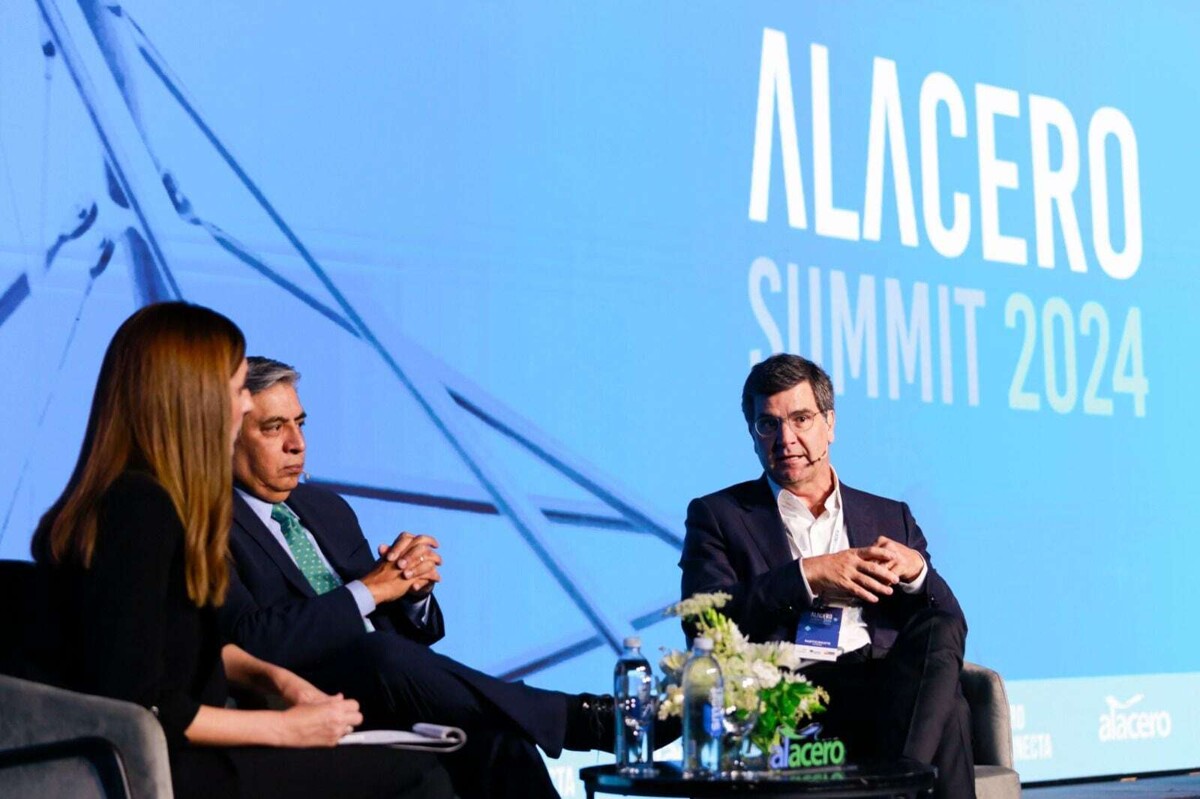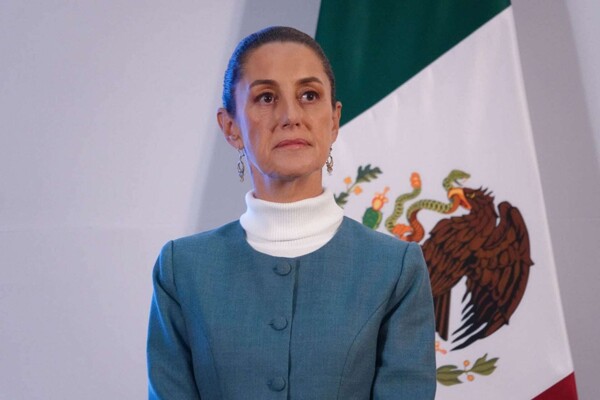
Maksim Vedoya, President of Caintra Nuevo León, stated that Mexico needs to strengthen integration with North America and increase the added value of its activities in this trade bloc to boost the country's income. According to him, the Mexican business sector optimistically views new management, as it differentiates the vision towards growth in the manufacturing sector and commitments to increase the income of Mexican families.
Experts highlighted the special importance of the steel sector, since in the past year, according to data from Canacero, Mexico ranked 14th among the world's steel producers, providing around 700 thousand direct and indirect jobs and investing $14.1 billion dollars from the USA over the last decade (2013-2022). Key to success will be maximizing integration with North America and increasing Mexican added value in parallel with effective integration with the rest of Latin America.
At the closing ceremony of the annual Alacero Summit, which has been held since 1962 and this time took place in Buenos Aires, Argentina, Vedoya's participation as President of Caintra, NL was particularly noted. He emphasized his speech on regionalization and nearshoring from the perspective of the Mexican manufacturing industry.
Vedoya agreed with the priorities of the Mexican government, which includes promoting the MSME sector to attract more investments, developing infrastructure in rail, automotive, port, and border sectors, as well as supporting the energy sector and developing renewable energy sources.
He also underlined the importance of promoting technical education to provide more opportunities for young people and strong support for MSMEs through tax system simplification and administrative procedures with the help of digital technologies. "MSMEs represent 7 out of 10 jobs in Mexico," noted Vedoya.
He expressed confidence that Mexico has long understood that industrial development plays a key role in the country's economic growth. Moreover, the sector positions itself as one of the most sustainable in the world, generating 38% fewer emissions than the average international benchmark.













